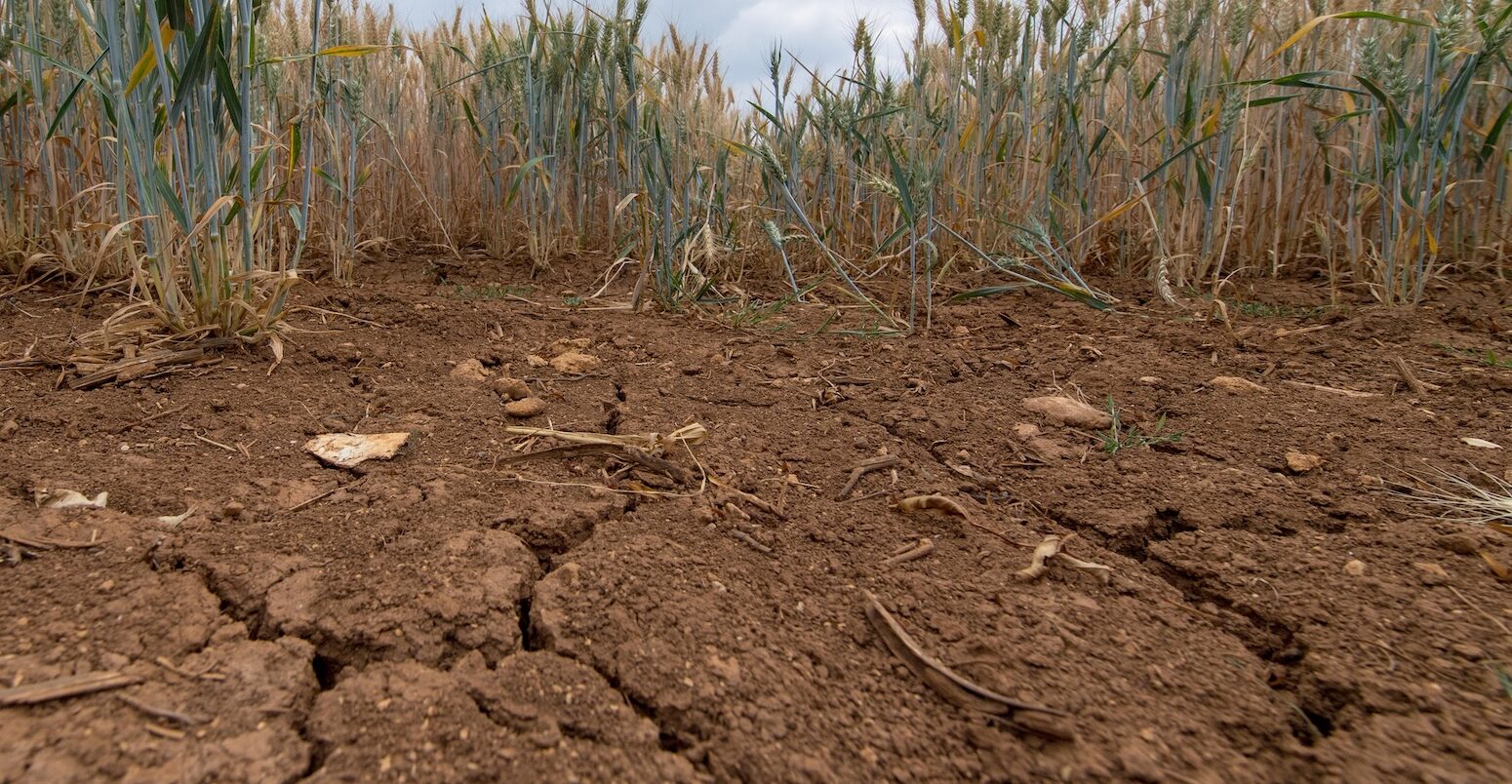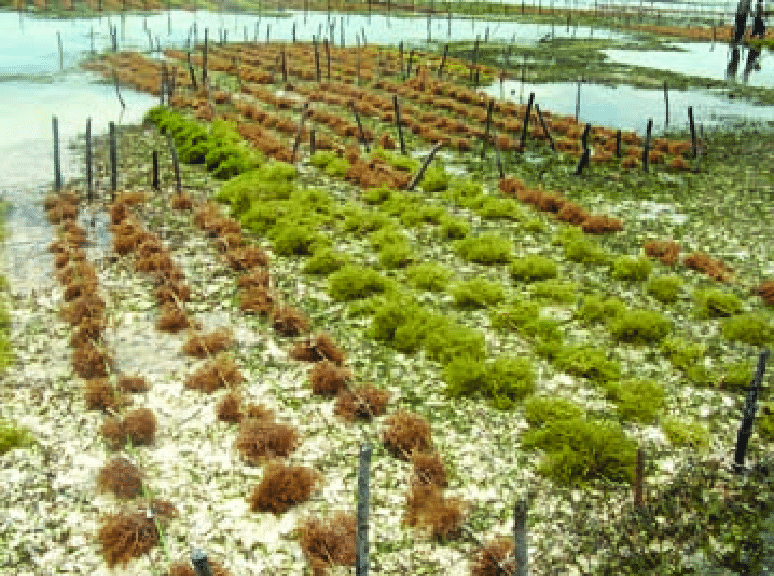Beekeeping plays a crucial role in maintaining biodiversity and ensuring the pollination of our crops. However, beekeepers face numerous challenges in maintaining healthy and productive beehives. Thankfully, advancements in modern technology have opened up new avenues for boosting beehive productivity. In this article, we will explore some innovative technologies that are revolutionizing beekeeping practices and helping beekeepers optimize their honey production.
- Smart Hive Monitoring Systems: Traditional beekeeping methods often rely on manual inspections, which can be time-consuming and inefficient. Smart hive monitoring systems equipped with sensors and connected to the Internet of Things have emerged as game-changers. These systems provide real-time data on crucial hive parameters such as temperature, humidity, hive weight, and sound levels. By remotely monitoring these metrics, beekeepers can detect potential issues, make informed decisions, and intervene promptly to maintain optimal hive conditions.
- Precision Bee Feeding: Proper nutrition is vital for the health and productivity of honeybees. Modern technology has introduced precise and automated feeding systems that ensure bees receive a balanced diet. These systems can dispense specific quantities of food supplements, such as sugar syrup or pollen substitutes, at regular intervals. By providing precise nutrition, beekeepers can bolster colony strength, stimulate brood production, and enhance overall honey production.
- Automated Hive Inspections: Inspecting beehives for disease, pest infestations, and queen performance is a crucial aspect of beekeeping. With modern technology, automated hive inspection devices have been developed to streamline this process. These devices utilize cameras, image recognition, and artificial intelligence algorithms to analyze hive conditions, identify potential issues, and generate actionable reports. This not only saves time and effort but also enables beekeepers to proactively address problems before they escalate.
- Drone-Assisted Pollination: In recent years, declining bee populations have posed a significant threat to crop pollination. To mitigate this issue, technology has introduced drone-assisted pollination. Drones equipped with specially designed brushes or sprayers can effectively transfer pollen from one flower to another, mimicking the natural pollination process carried out by bees. This technology ensures efficient pollination in areas where bee populations are scarce, safeguarding crop yields and food security.
- Data-Driven Beekeeping: Harnessing the power of big data and analytics is transforming the way beekeepers manage their operations. By collecting and analyzing data from various sources, including weather patterns, floral resources, and hive conditions, beekeepers can make data-driven decisions. This approach enables them to optimize hive placement, schedule hive manipulations, and even predict honey flows. Data-driven beekeeping empowers beekeepers to maximize their productivity while ensuring the well-being of their bees.
Modern technology is revolutionizing the beekeeping industry by providing innovative solutions to enhance beehive productivity. Smart hive monitoring systems, precision bee feeding, automated hive inspections, drone-assisted pollination, and data-driven beekeeping are just a few examples of how technology is transforming the way beekeepers operate. By embracing these advancements, beekeepers can not only increase honey production but also contribute to the conservation of bees and the overall ecosystem. As technology continues to evolve, the future looks promising for beekeepers and the vital role they play in sustaining our planet’s biodiversity.




